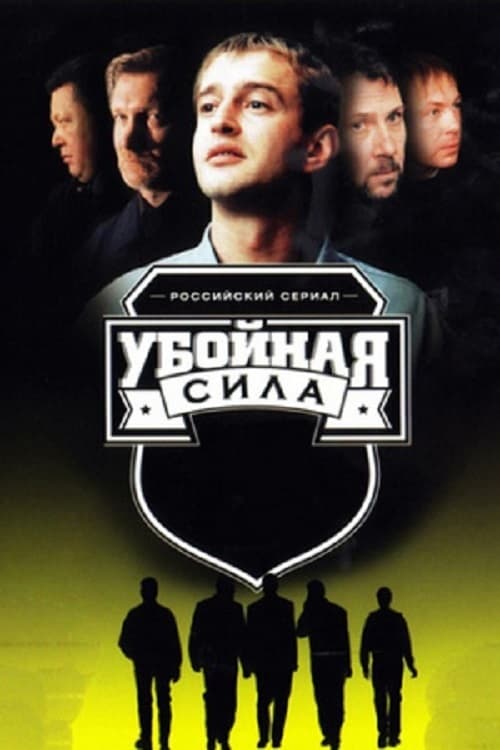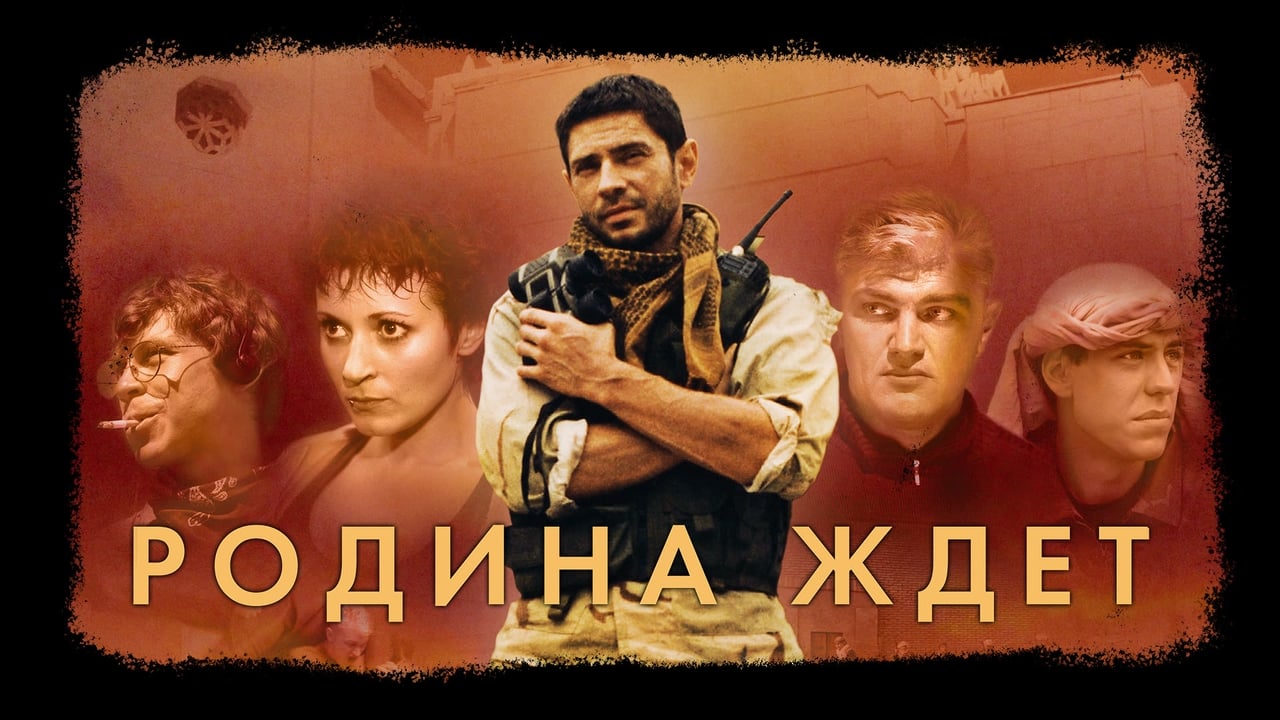

Channel One
Featured Show:
In the Service of My Country
Intelligence officer Viktor Bystroletov arrives in one of the countries of the oil basin under the guise of an international journalist. His goal is to establish contact with a former terrorist named Javad. It has been several years since Javad retired and disappeared in an unknown direction…
Channel One TV Shows
288 shows • Page 13 of 15
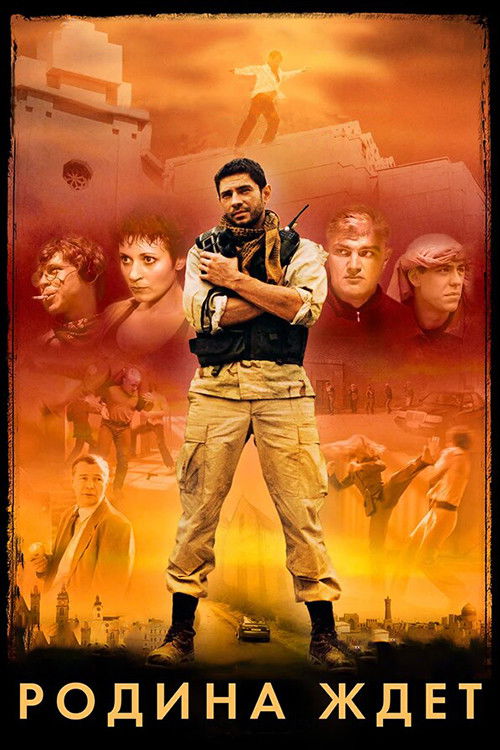 0
0In the Service of My Country
Intelligence officer Viktor Bystroletov arrives in one of the countries of the oil basin under the guise of an international journalist. His goal is to establish contact with a former terrorist named Javad. It has been several years since Javad retired and disappeared in an unknown direction…
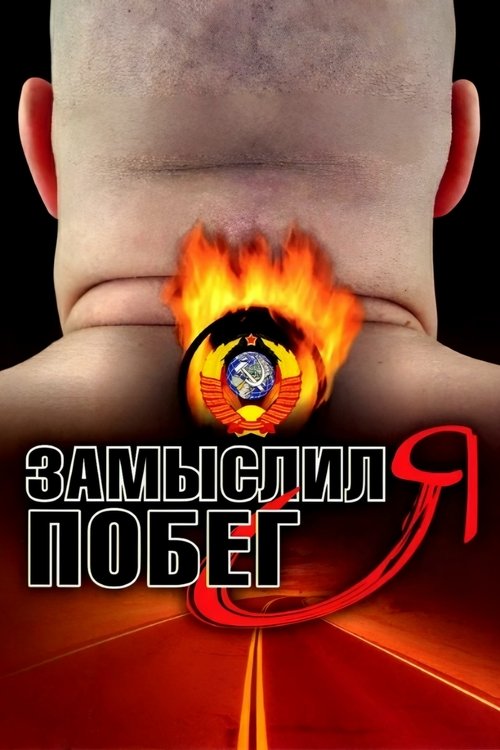 0
0I Planned to Escape
Oleg learns the intricacies of working in a bank, and here he meets the manager Veta. They begin a romance that will change the lives of both. Veta dreams of being close to Oleg, but for this he needs to divorce Katya...
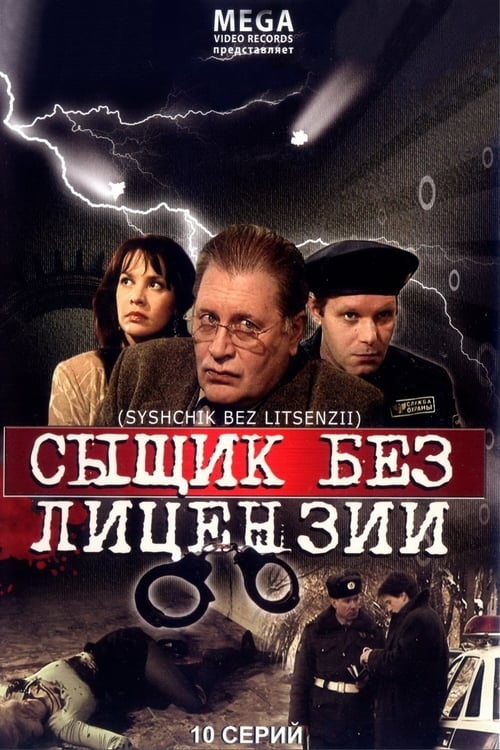
Сыщик без лицензии
 0
0The Dark Horse
There is a certain brigade calling itself the "Dark Horse", which specializes in eliminating people it dislikes, and in various ways. And everyone - from Interpol to the relatives of the victims - is looking for criminals, but they cannot find them...

Russians in the City of Angels
Russians will survive everywhere. And in the desert, and at the bottom of the sea, and in America. They will learn everything and they can teach the Americans a lot ... For example, how to catch criminals. Russian investigator Andrei Somov fell in love with an American dancer and moved with her to America for permanent residence. He wanted to work in the police, but he was not hired. Therefore, he has to wash dishes, look after the sick, clean, wash, walk other people's dogs, cook. But his dream of becoming a detective is coming true: he becomes the best detective in Los Angeles. Each episode of the film has its own plot.
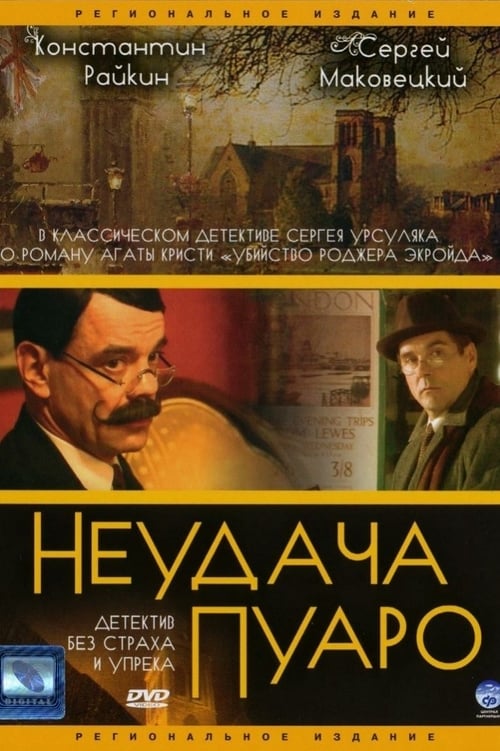
The Murder of Roger Ackroyd
A film adaptation of the novel by Agatha Christie, "The Murder of Roger Ackroyd." The owner of the mansion, Roger Ackroyd, was killed in his own office. The investigation is conducted by two - a local inspector and Belgian detective Hercule Poirot. Everyone is suspected: nephew, household, servants, guests. Everyone has an alibi and everyone conceals something, but at the same time hopes for Poirot and a fair outcome of the investigation. All but the true killer. But Poirot is not in a hurry, he patiently accumulates facts, gets rid of contradictions, frees everyone from a burdensome secret and remains face to face with the killer, facts, logic and a difficult human feeling - disappointment ...
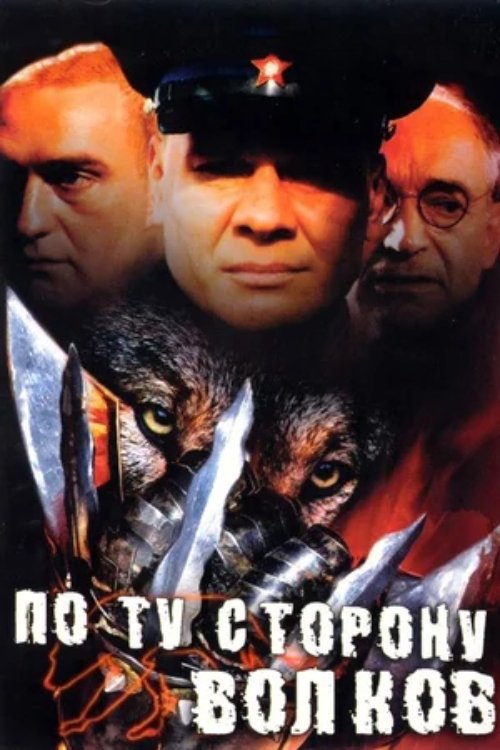
On the Other Side of the Wolves
The action of the series takes place in the post-war years in a small town, which was overwhelmed by a series of mysterious murders. Mutilated corpses with torn throats and bloody traces of wolf paws plunged the locals into panic. The young head of the local UGRO, Mysik, is trying to understand the events taking place and understand who benefits from the atmosphere of fear and superstition that has developed among the workers of the trophy warehouse and elite stud farm.
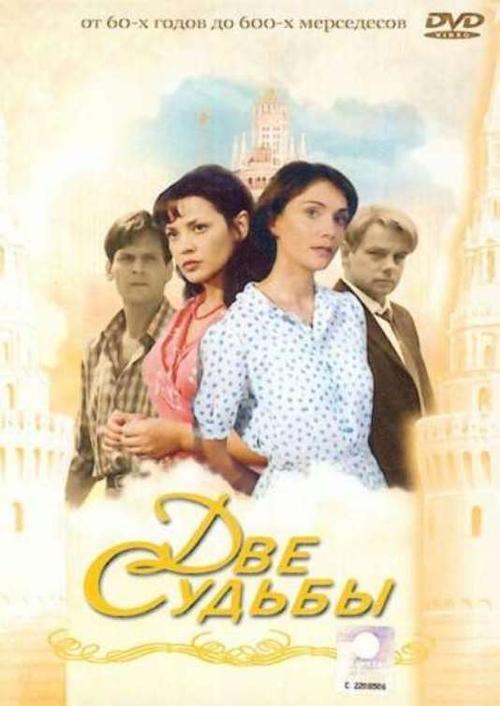
Две судьбы
 0
0Star Factory
Fabrika Zvyozd, sometimes known internationally as Star Factory, is a popular Russian television talent show that aired on Channel One from 2002 until 2007. It was the Russian version of the Endemol format Operación Triunfo.
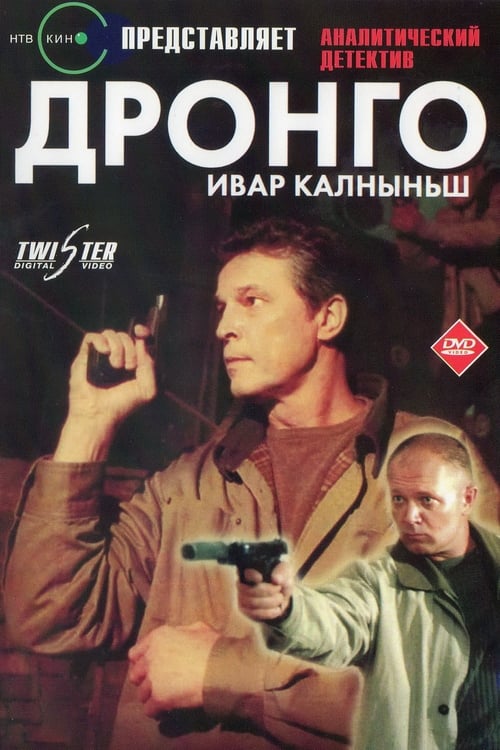
Drongo
 0
0New Wave
New Wave is an international contest for young performers of popular music founded in 2002 by the Russian composer Igor Krutoy and Latvian pianist and composer Raimonds Pauls, and was later enhanced by the Russian superstar Alla Pugacheva.
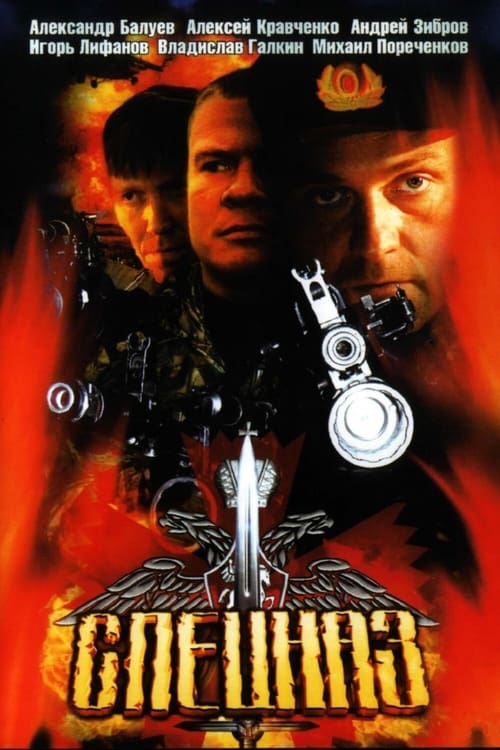
Special Squad
Spetsnaz is a 2002 Russian TV miniseries directed by Andrei Malyukov.
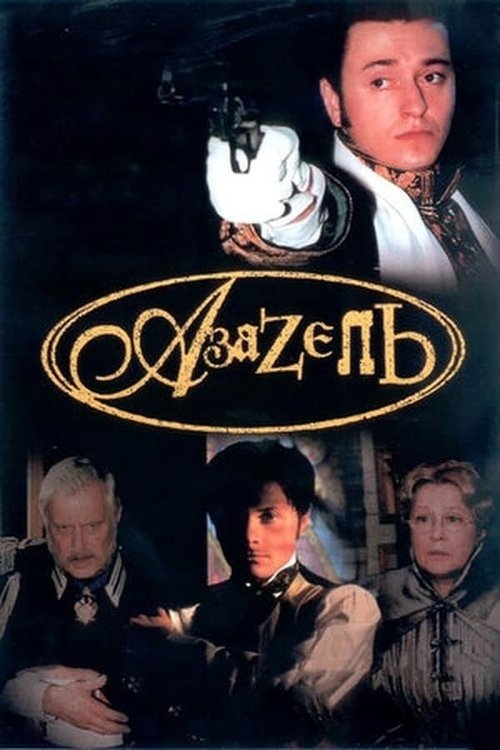
Azazel
The main character, an official of the 14th grade, Erast Petrovich Fandorin, serves as a clerk in the Detective Department and secretly dreams of becoming a detective. By the will of circumstances, he finds himself involved in the investigation of a mysterious suicide.

Black Raven
Two women who bear the same name and born of the same father, but do not know each other and do not suspect their kinship. However, their meeting is predetermined...
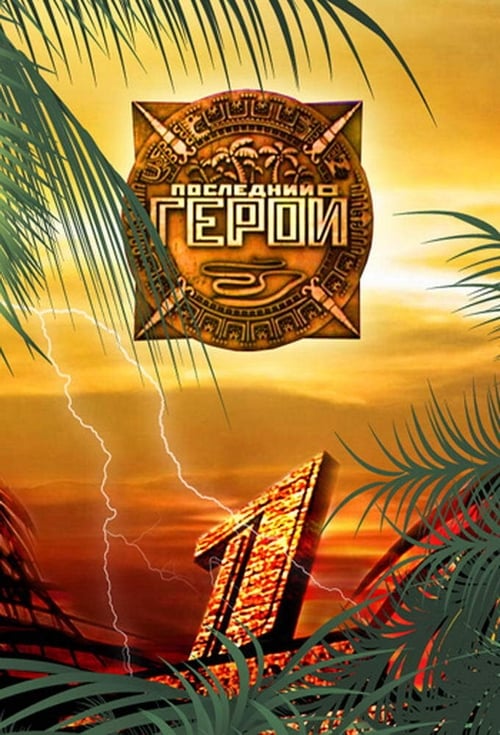
Last Hero
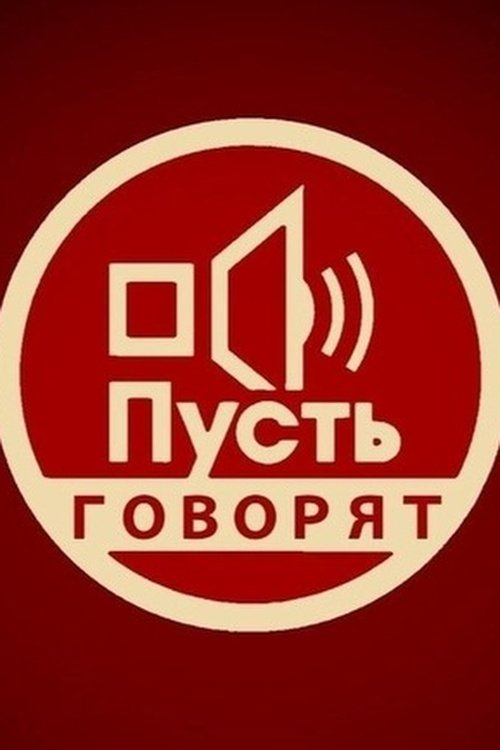 0
0Let Them Talk
The host, Andrey Malakhov, invites guests from different walks of life to discuss issues faced by them in day-to-day life.
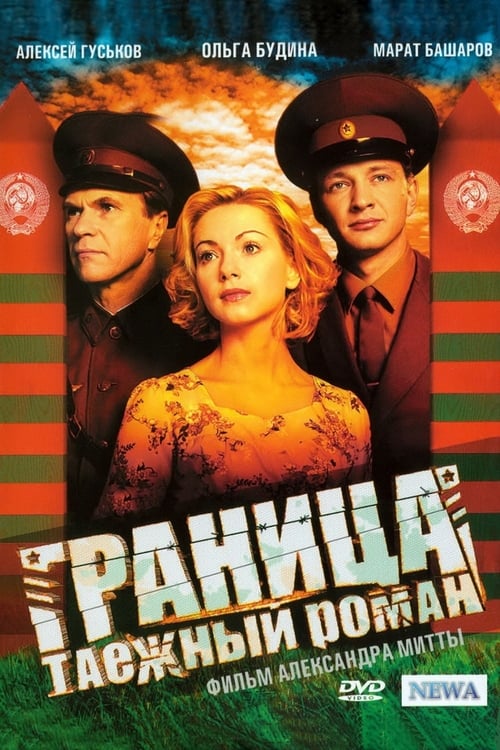
Taiga Novel
Far East. 70th years. A small garrison on the border with China. Here, as everywhere, there are men and women. Everyone has his own story, his own destiny, his own love. The common thing is that they all came here once on duty and stayed for a long time. Marina Goloshchekina is nice, kind, right. Galya The tourniquet is intelligent, passionate, determined. Albina Raven - extravagant, unpredictable, thin. Three friends, three sisters in happiness and misfortune, officers' wives. They help each other stand in this completely feminine world, where every man has a gun! And this means that love and danger go hand in hand. Marina quite unexpectedly meets her true love of the young officer Ivan Stolbov. Learn about this new secret love girlfriend. On the one hand, you can rejoice over Marina. But how can she rejoice herself, if behind five years of marriage with a strong, strong-willed and very unpredictable Nikita Goloshchekin?
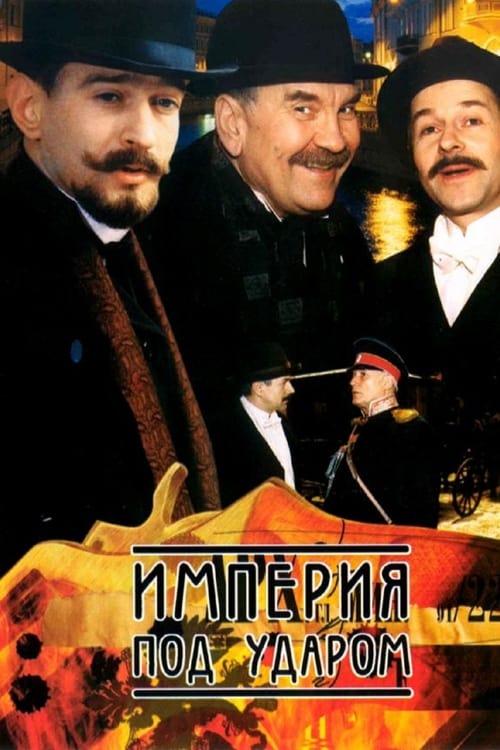
Empire is Under Attack
In this TV-series the events of the beginning of the 20th century in Russia are highlighted. Revolutioners, terrorists, spies - and investigator Putilovskii and his team fight them as best they can.
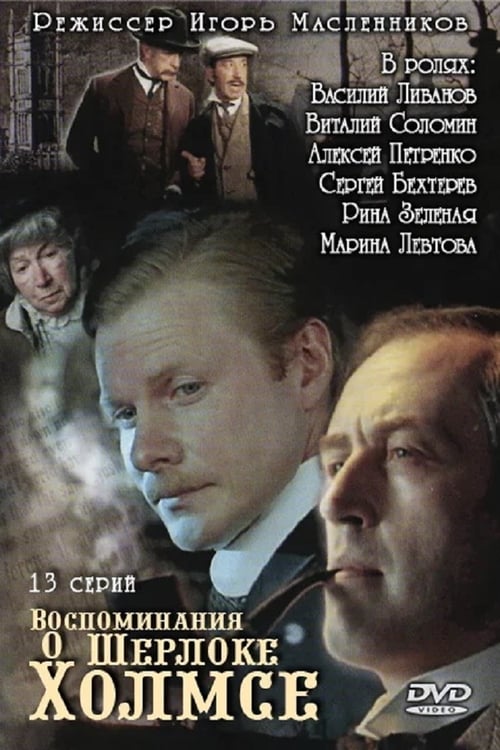
Memories of Sherlock Holmes
Detective television series based on the works of Arthur Conan Doyle. Five films about Sherlock Holmes, shot by Igor Maslennikov earlier, were remounted in 2000, a connecting story about Conan Doyle's literary secretary, Mr. Wood, who is preparing an anniversary collection of stories about Holmes for the beginning of the coming XX century. Sir Arthur receives huge mail every day, addressed not to him, but to Sherlock Holmes. And then one day a letter arrives with a plea for help, and Doyle begins an investigation...
